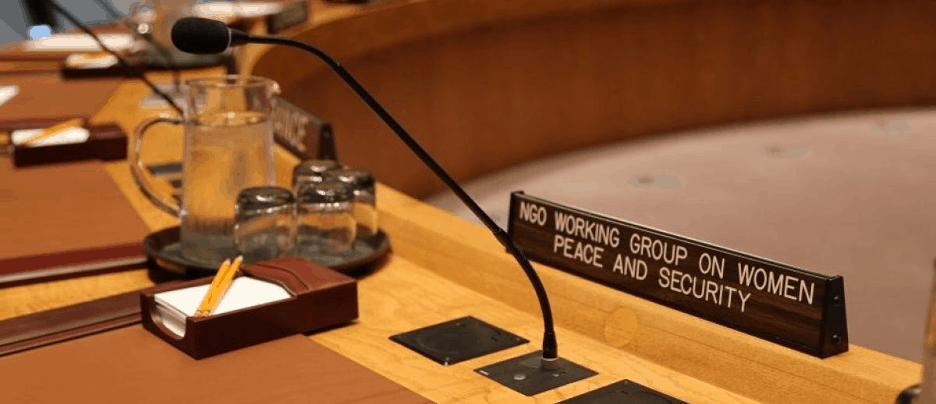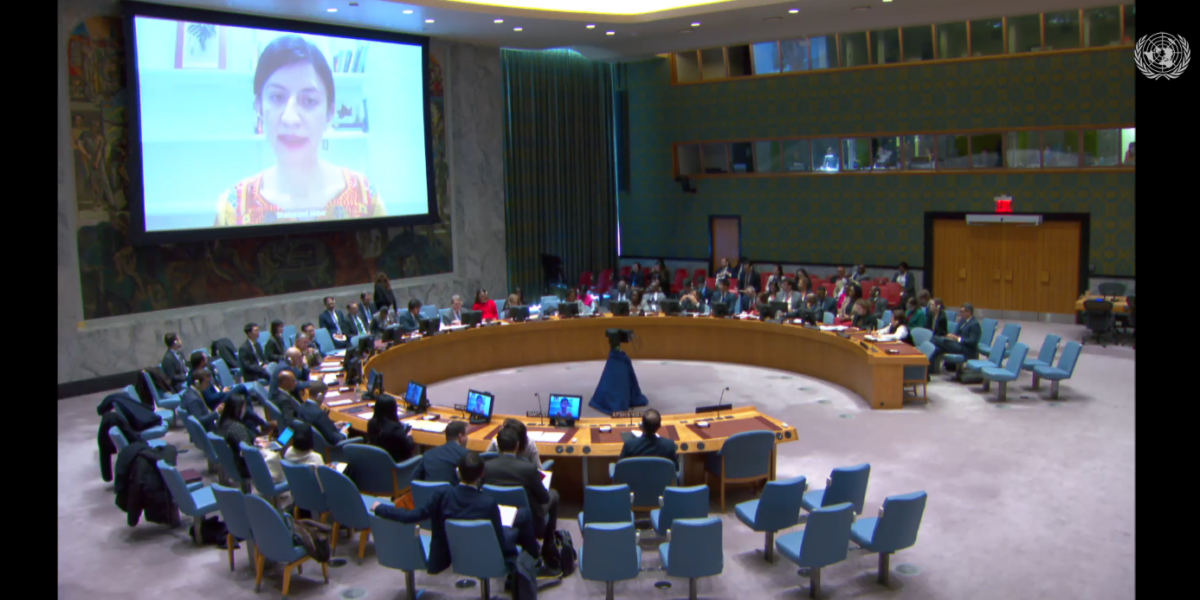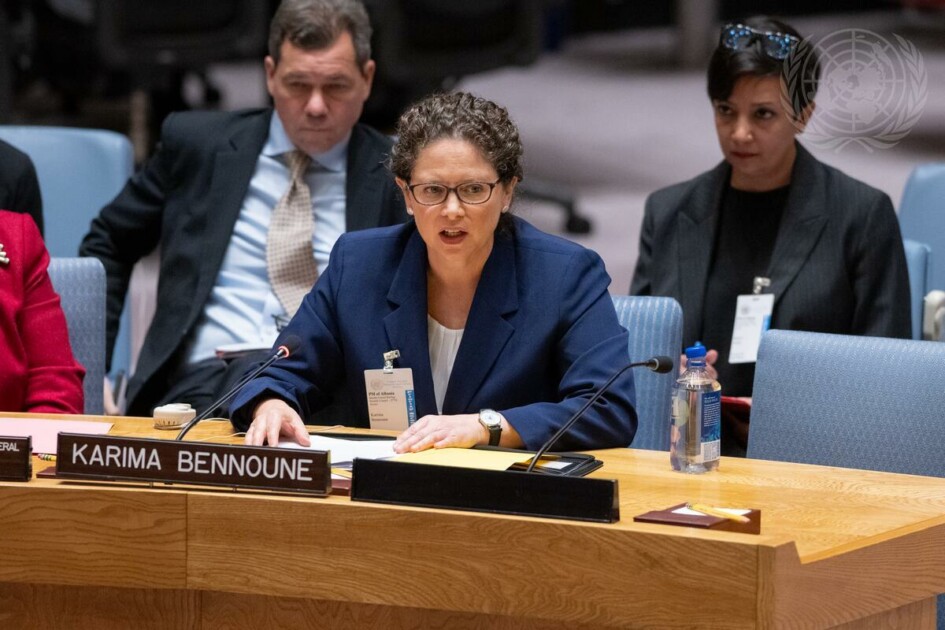Afghanistan
Afghanistan
Afghanistan has been engulfed in violent armed conflict since the fall of the Taliban regime in 2001, and efforts to build sustainable peace while preventing the re-establishment of extremist rule depend on the inclusion of women.
Living in the most dangerous place in the world to be a woman, as the Thomas Reuters Foundation revealed in 2011, Afghani women have emerged as leaders in the peace process— advocating constantly for more inclusive government, and inspiring marginalized groups nationwide to demand a place in the political system. Despite the important role that Afghani women play in bringing about social change in Afghanistan, many barriers to their involvement still exist.
Based on the work of NGOWG members and their partners, the NGOWG advocates for eliminating these barriers by encouraging UNAMA to support the Afghan government in fully implementing the National Action Plan on Women, Peace and Security (NAP), and ensuring women’s full and equal participation in regularly held elections.
Current and Past Recommendations to the UN Security Council (Monthly Action Points)
In its consideration of the report on the UN Assistance Mission in Afghanistan (UNAMA), Council members must call on the Government of Afghanistan to ensure peace and security policies address women’s participation and protection and are prioritized in the country’s period of transition after the September peace agreement, which excluded women’s participation. As peace talks continue with armed insurgent groups and the international community looks to demonstrate its continued commitment to Afghanistan following the Warsaw NATO Summit and Brussels Donor Conference, it is critical for women’s voices to be included in peace and security decision-making – both in peace talks and in prior consultation – particularly given the sustained violence against Afghan women leaders and human rights defenders. Per obligations articulated in previous women, peace, and security (WPS) Council resolutions, any upcoming consultations hosted by Council members must include the direct participation of women leaders, particularly from civil society, to ensure the discussions are representative of ground realities. As part of its implementation of the WPS agenda and in order to strengthen the information and analysis it is receiving on the gender dimensions of the situation, the Council should invite women civil society representatives and the Executive Director of UN-Women to brief the Council (SCR 2122 (2013), OP 1(a)(c)). Security Council members should also inquire as to efforts by UNAMA to assist the government in its efforts to address the differentiated rights and concerns of women, men, girls and boys, in the context of deliberate targeting by armed groups as well as continuing internal displacement and refugee returns from Pakistan. The Council should further ensure women’s security and freedom of movement by protecting and promoting international human rights and humanitarian law (SCR 2242 (2015)).
Relevant Resources










